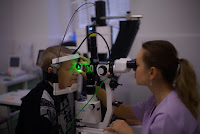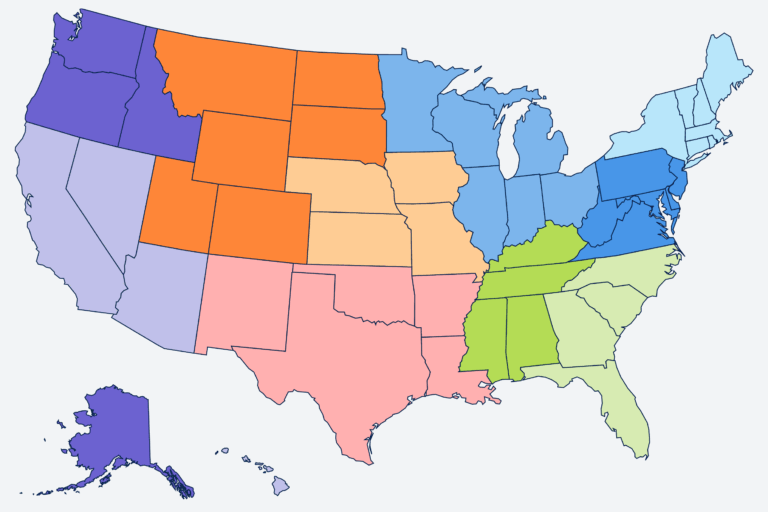A growth hormone once used to help people grow taller has been linked to the transmission of a protein associated with Alzheimer’s, says new study in the journal Nature.
Video contains very clear explanation. Article continued below video…
The research was performed by Professor John Collinge and his colleagues at University College London (UCL) in England. They analyzed 8 brains, 36-51 years old, from people who died from a type of dementia called Creutzfeldt-Jakob disease (CJD). It was clear that the CJD was caused by prion-contaminated human growth hormone that these people took to grow taller.
In 1985, doctors became aware of this dsngerous potential for prion contamination and the treatment was banned in the USA.
In this research study, Professor Collinge found that in addition to prion contamination, there was a high level of Alzheimer’s-causing beta-amyloid. These levels are not normal in the brains people as young as those in this study.
The researchers deduced that beta-amyloid “seeds” might get transmitted in procedures like these. (In this brains, hormones were extracted from one brain and injected into another, along with dangerous CJD prions.)
Professor Collinge said,
“Alzheimer’s protein seeds could follow similar transmission pathways. The seeds will potentially stick to metal surfaces whatever the instrument is. The question is whether the instrument will have been exposed to those seeds. With prions, we know quite a lot about that.”
There is no concern regarding “catching” Alzheimer’s. Alzheimer’s is not contagious.
Professor Collinge pointed out that,
“You can’t catch it by living with someone who has Alzheimer’s disease or being a carer. No one should consider canceling or delaying any kind of surgery. But I think it would be prudent to do some research in this area.”
Professor Collinge added a provocative obeservation when he said,
“Certainly, there are potential risks with dentistry where it’s impacting on nervous tissue, for example, root canal treatments.”
The American Association of Endodontists quickly fired back that there is no evidence that Alzheimer’s can be spread from person to person by direct contact, or through any dental procedures or dental instruments.
“There is no evidence that root canal treatment poses a risk of developing Alzheimer’s disease. There are procedures in place to minimize infection risk from endodontic instruments such as files and reamers. Many endodontists employ single-use instruments and, if not, instruments are thoroughly sterilized prior to each use.”
The study itself makes no mention of dental procedures as a risk factor. As a result, Professor John Collinge quickly backed off.
“Our current data has no bearing on dental surgery and certainly does not argue that dentistry poses a risk of Alzheimer’s disease.”
AAE President Dr. Terryl A. Propper, a private practicing endodontist in Nashville, Tennessee, added,
“There is nothing definitive in this study. Questions remain and the study authors acknowledge that more research is needed.”
Dr. Doug Brown is Director of Research for England’s Alzheimer’s Society, concluded:
“While these findings are interesting and warrant further investigation, there are too many unknowns in this small, observational study of eight brains to draw any conclusions about whether Alzheimer’s disease can be transmitted this way.
“Notably, while seven of the eight brains studied had beta-amyloid deposits – a protein found in the brains of people with Alzheimer’s disease – the presence of this alone does not mean that they would have gone on to develop the disease.
“Injections of growth hormone taken from human brains were stopped in the 1980s. There remains absolutely no evidence that Alzheimer’s disease is contagious or can be transmitted from person to person via any current medical or dental procedures.”
- Evidence for human transmission of amyloid-β pathology and cerebral amyloid angiopathy, John Collinge et al., Nature, doi:10.1038/nature15369, published online 9 September 2015.
SOURCES:
- University College London .
- Nature news release.
- Alzheimer’s Society.











